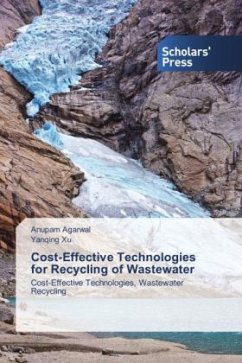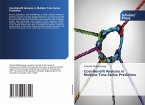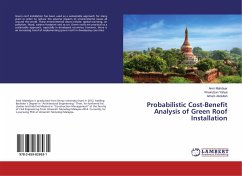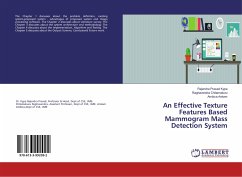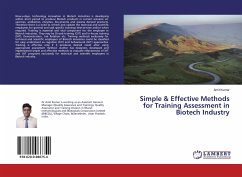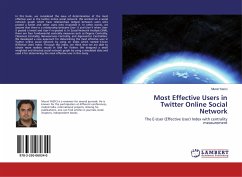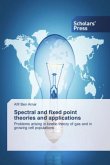The world water supply is in crisis. Global consumption of water has increased twice as fast as the population in the last century. If current trends continue including drought, rising population, increased urbanization, climate change, indiscriminate disposal of waste and mismanagement of existing resources, the world may be heading for a catastrophe. Approximately two million tons of wastes per day are disposed of within receiving waters, including industrial wastes, human waste and agricultural wastes. Properly treated, this effluent has the potential to be a major source of water reuse. This book focuses on the cost effective potential technologies, and the need of research and development of these technologies for reuse of wastewater for potable and non potable purposes. Based on the literature survey, it was found that membrane and oxidation processes have the maximum potential for advanced treatment of wastewater. This study should be useful for environmental scientists.
Bitte wählen Sie Ihr Anliegen aus.
Rechnungen
Retourenschein anfordern
Bestellstatus
Storno

